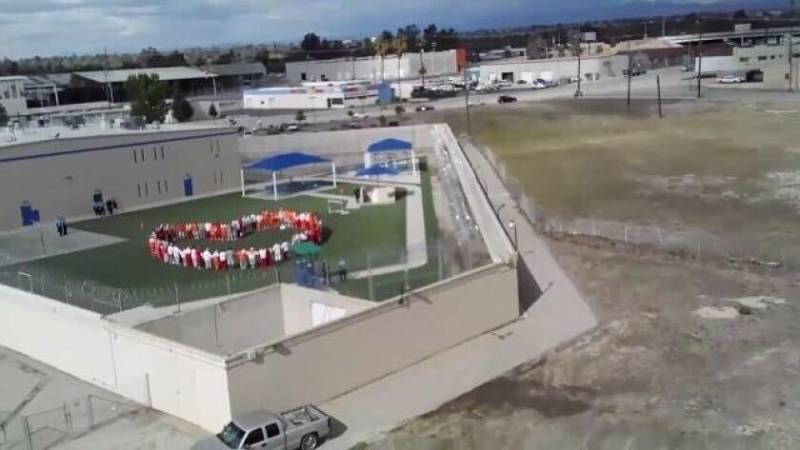But lawyers for people held at Mesa Verde say four more men have tested positive, raising the tally of detainees who are infected to 14. ICE and the GEO Group, the company that owns and operates the detention center, did not confirm whether the outbreak had grown.
Last week, U.S. District Judge Vince Chhabria ordered ICE and GEO to administer weekly coronavirus tests to all detainees at the facility and to segregate those who are diagnosed. Chhabria also directed immigration officials to stop admitting new detainees to the Mesa Verde facility for now.
‘I’m Afraid for My Life’
Orellana, who has lived in the U.S. since age 2, has felt COVID-19 symptoms for which the Centers for Disease Control and Prevention recommends seeking immediate emergency medical care, including persistent chest pain and trouble breathing, said his attorney Tovar.
Tovar said ICE officials maintain Orellana is “OK” and getting treatment, including Tylenol and an inhaler. But over the weekend, Orellana collapsed on the floor of his dorm and has continued to complain of shortness of breath, she said.
“I asked him if he was OK and he just said, ‘I am having trouble breathing. I can’t breathe. I’m afraid for my life,’ ” said Tovar, who speaks regularly with Orellana by phone. “That desperation coming from him led me to call 911 to make sure that he was getting the help that he needs.”
But after paramedics arrived at Mesa Verde on Sunday afternoon, officials at the detention facility turned them away before they could check on Orellana and another detainee who felt very ill, she said.
A spokesman with the GEO Group said Orellana and the other resident have received consistent medical attention, including having their temperature and vital signs checked, and have exhibited “no signs of distress.”
“We find it appalling that legal professionals would exhibit such inappropriate use of emergency service personnel,” said the GEO spokesman. “We take the health and safety of those in our care with the utmost seriousness and will continue to work with the federal government and local health officials to ensure their health and safety.”
ICE declined to comment on Orellana’s condition due to pending litigation.
Reluctance to Test
In April, immigrants held at Mesa Verde and another detention facility north of Sacramento sued to force ICE to release detainees on bond or parole to allow for social distancing and other preventive actions at the jail-like facilities during the pandemic.
Chhabria, who is ruling on that case, scolded ICE officials last week for avoiding widespread testing at the facility. Chhabria said emails between ICE and GEO in May — unearthed during litigation — showed immigration officials were afraid “positive test results would require them to implement safety measures they apparently felt were not worth the trouble.”
The agency reports that nearly 4,500 detainees nationwide have been confirmed with COVID-19, including more than 1,000 who are currently in isolation or under monitoring.
As part of its response to the pandemic, ICE has tested about 22,500 detainees and released more than 900 people from facilities, including Mesa Verde.
But on Monday, ICE officials denied a request to let Orellana out on humanitarian parole while his immigration case is pending, said Tovar.
She said the agency has refused to release Orellana because of his criminal record. He served four months in state prison for threatening to harm a passerby in Los Angeles, said Tovar, adding that the offense was due to his untreated mental illness.

